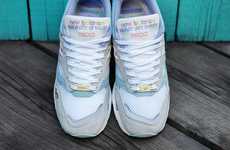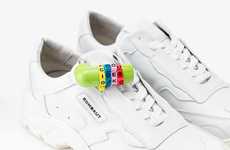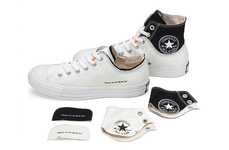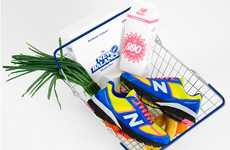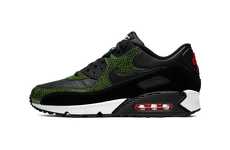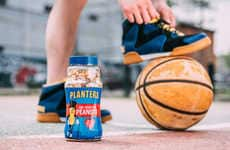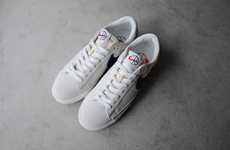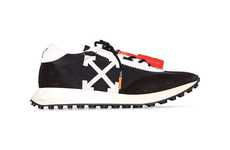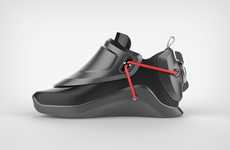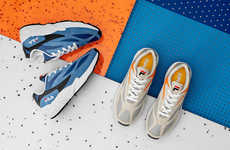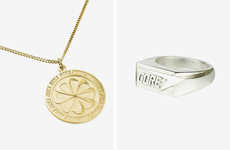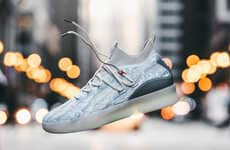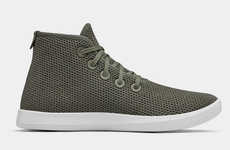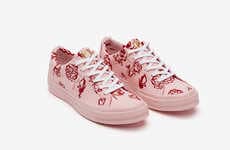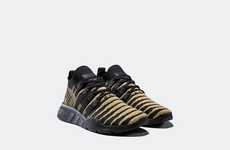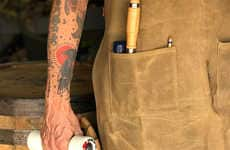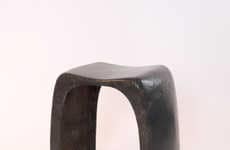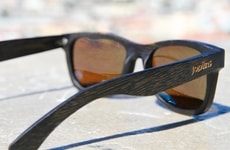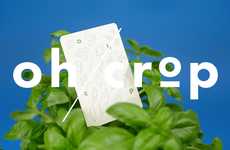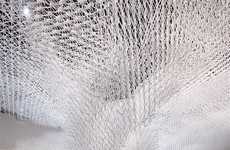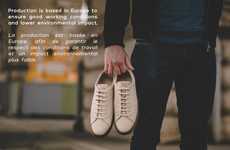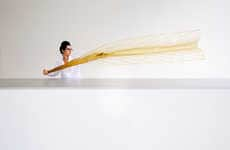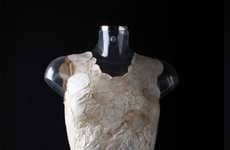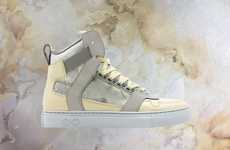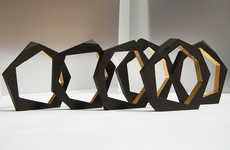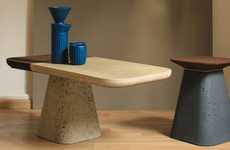
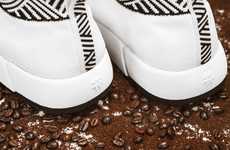
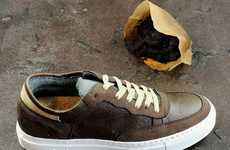

Brands create eco-friendly products made from coffee-based materials
Trend - Brands in industries that range from interior design to fashion are using upcycled coffee waste as a base material for the products they offer. This shift comes as brands try to appeal to eco-conscious consumers in a way that doesn't sacrifice their preference for contemporary aesthetics.
Insight - As the consequences of climate change become evident in real-time, consumers have a growing concern for the environment—including resource availability, and waste volumes. This has prompted an interest in the circular economy, with products being safely used past their end-of-life expectancy and “upcycled” to new, contemporary goods. Consumers are looking to brands to provide these sustainable products without having to compromise on modern aesthetics.
Insight - As the consequences of climate change become evident in real-time, consumers have a growing concern for the environment—including resource availability, and waste volumes. This has prompted an interest in the circular economy, with products being safely used past their end-of-life expectancy and “upcycled” to new, contemporary goods. Consumers are looking to brands to provide these sustainable products without having to compromise on modern aesthetics.
Workshop Question - How could your brand prioritize both contemporary design and eco-production?
Trend Themes
1. Upcycling - Brands are using upcycled coffee waste as a base material for eco-friendly products, appealing to eco-conscious consumers in a way that doesn't sacrifice their preference for contemporary aesthetics.
2. Sustainable Production - Designers and brands are embracing sustainable production by collecting coffee grounds from cafes near their studios, using plant-based binding materials such as bio-resin, and experimenting with natural materials like wood, fungi, corn, and even grass.
3. Eco-friendly Footwear - Brands are producing sneakers made from coffee waste and recycled plastic bottles, which are vegan-friendly, waterproof, lightweight, odor-free, offer anti-slip protection and UV protection, as well as being available in various colors and styles to suit consumers' preferences.
Industry Implications
1. Fashion - Designers are using upcycled coffee waste to create eco-friendly wardrobe staples like sunglasses, and experimenting with natural materials for innovative aesthetics.
2. Furniture - Designers are collecting coffee grounds from cafes near their studios, using plant-based binding materials such as bio-resin to build sustainable coffee-made furniture that is zero-waste and sculptural in design.
3. Footwear - Brands are producing eco-friendly sneakers made from coffee waste and recycled plastic bottles, with various sustainable features such as anti-slip, waterproof, and odor-free materials, and incorporating natural materials for visual impact and unique aesthetics.
4 Featured, 35 Examples:
103,985 Total Clicks
Date Range:
Jul 18 — Jul 19
Trending:
Hot
Consumer Insight Topics:
